Genesis G90 Review: The Serious BMW 7 Series Rival You (Probably) Can’t Buy
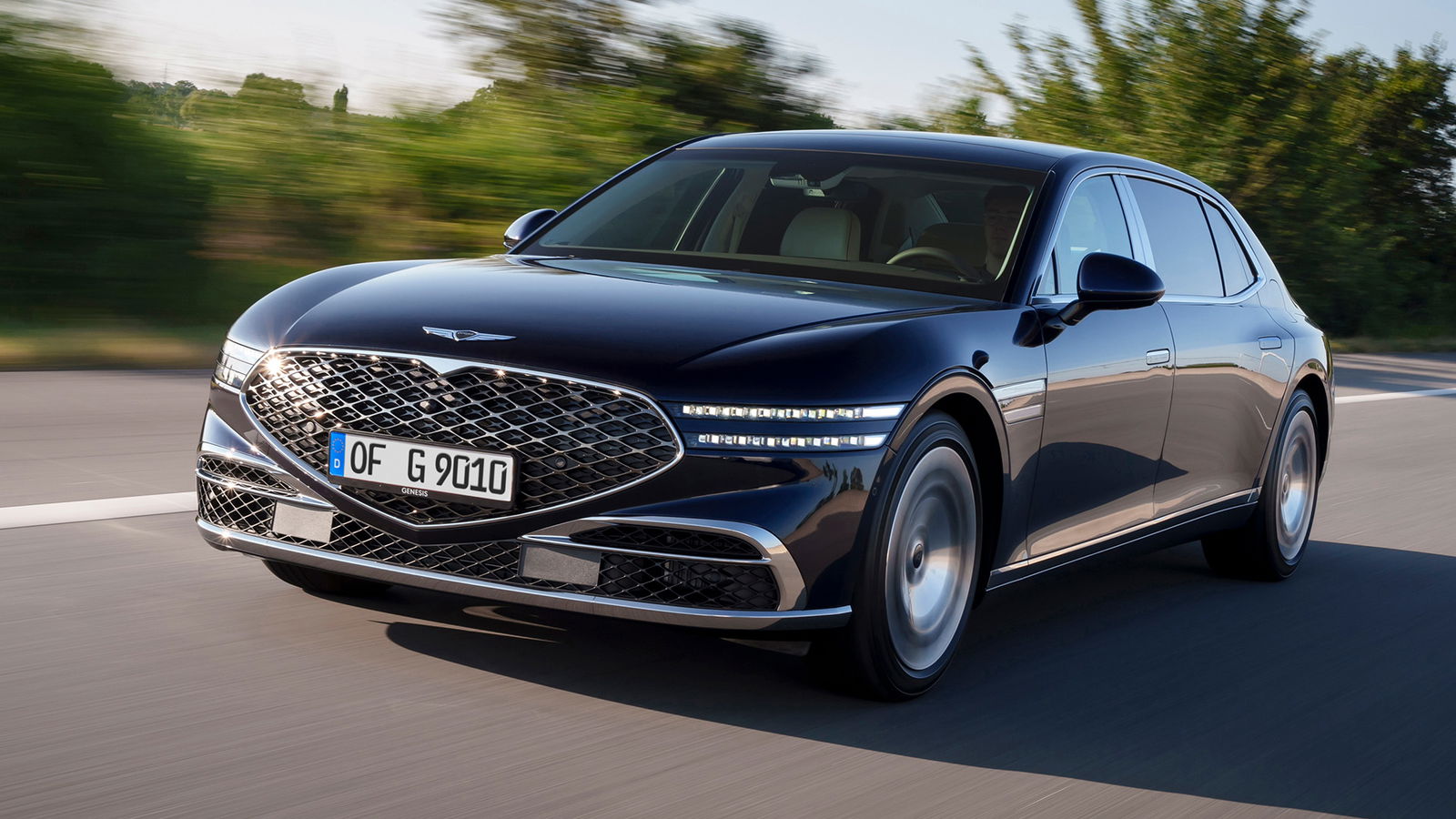
Pros
- Seriously luxurious insideRides like a magic carpet
Cons
- Only one engine choiceYou probably can’t buy one
If you’re the religious type, you’ll know the Book of Genesis depicts god creating the world and everything in it from a formless void, with humankind standing as the image of God themselves.
Similarly, Hyundai spun Genesis off to create a luxury brand in its void, with the G90 you see here standing as the image of everything it wants the brand to be. To quote them directly, it’s meant to represent “the ultimate Genesis experience”.
Reeks of ambition, then. When it's coming up against the serious establishment of the BMW 7 Series and Mercedes S-Class though, it’s the kind of bullish attitude the Korean manufacturer needs to take.
.jpg?width=1600)
Take it in long-wheelbase form, and it certainly has the physical presence to rival the German trio. At 5.5m long and 1.9m wide, it's more-or-less identical in size to the 7 Series and S-Class - plus it offers a 190mm shorter version if you’re at all concerned about the length.
Visually speaking, I’d argue it balances eye-catching and elegance better than either of those two. Granted, the BMW is sure to create more discussion but I think going a little more subdued without total anonymity has been the right approach by Genesis. Even the 190mm shorter wheelbase car retains the proportions well, and the slightly bolder wheel and trim options (I hesitate to use ‘sporty’) don’t detract from its classy nature.
More important than how it looks, how does it feel to be in the back? Ultimately, this is a car to be driven in, not drive, so it has to be pretty special there. Generally speaking, it’s a good thing.
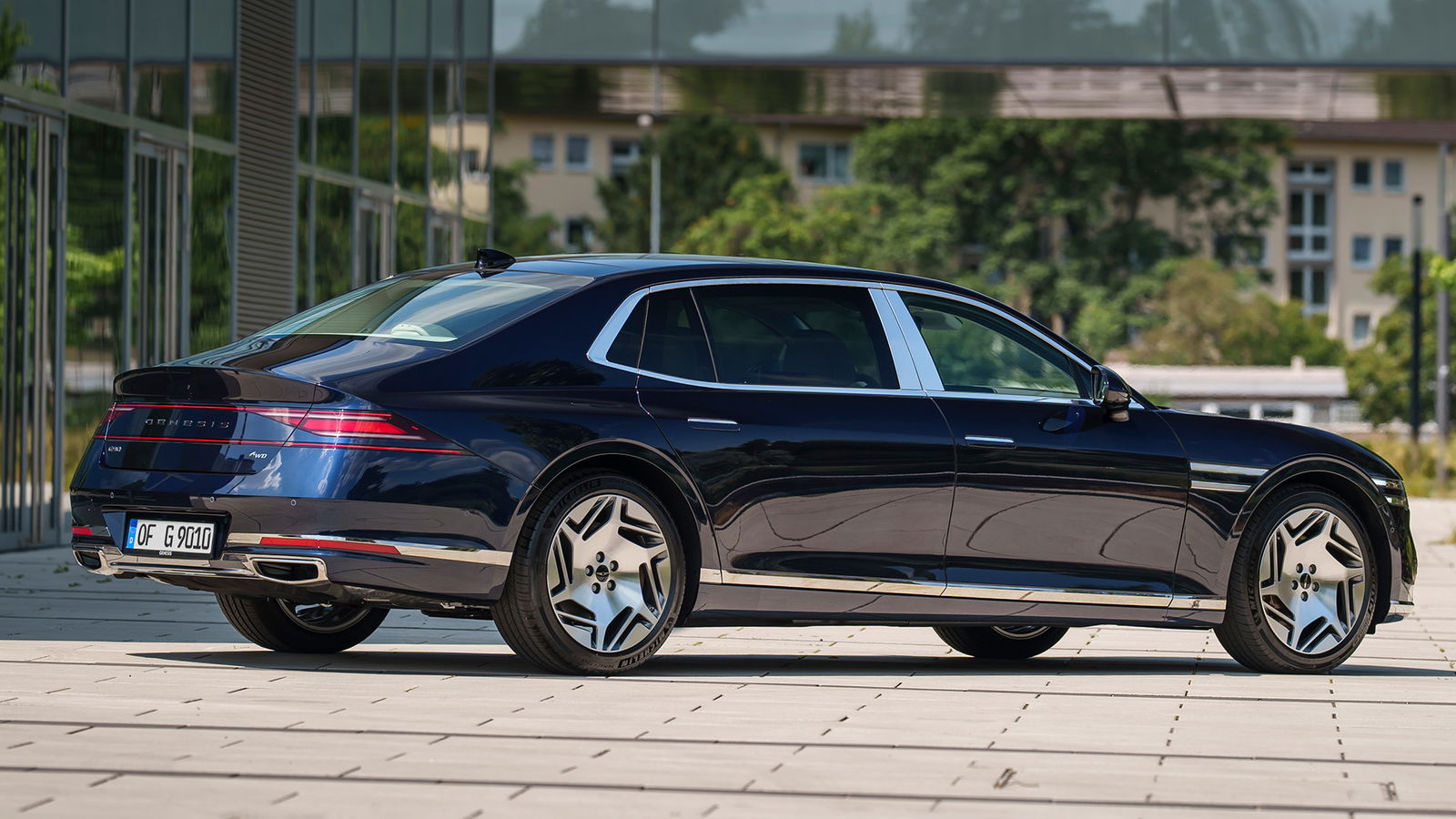
You get an immediate hint of Rolls Royce, but not in the way you’d necessarily expect. Open up the gigantic rear doors, hop into your chosen side (this is strictly available as a four-seater, no matter your wheelbase choice) and you may find yourself needing quite some reach to close the door again. No bother, there’s a button handily in the centre to do it for you.
It’s this kind of thinking that sets the tone for the rear of the G90. As you’d hope, there’s more room than you can know what to do with. As with any good car at this level, recline the semi-aniline leather massage seats all the way and make the most of the footrest on the seat ahead. Opulence is a way to describe it.
Material quality is pretty impressive across the board, albeit it doesn’t feel quite as special as a BMW 7-series does. You do have two rear screens from which you can watch films, set up a Genesis-curated mood for the ambient lighting and even the fragrance, and then dictate the actions of your underpaid chauffeur without having to reduce yourself to speaking to them.
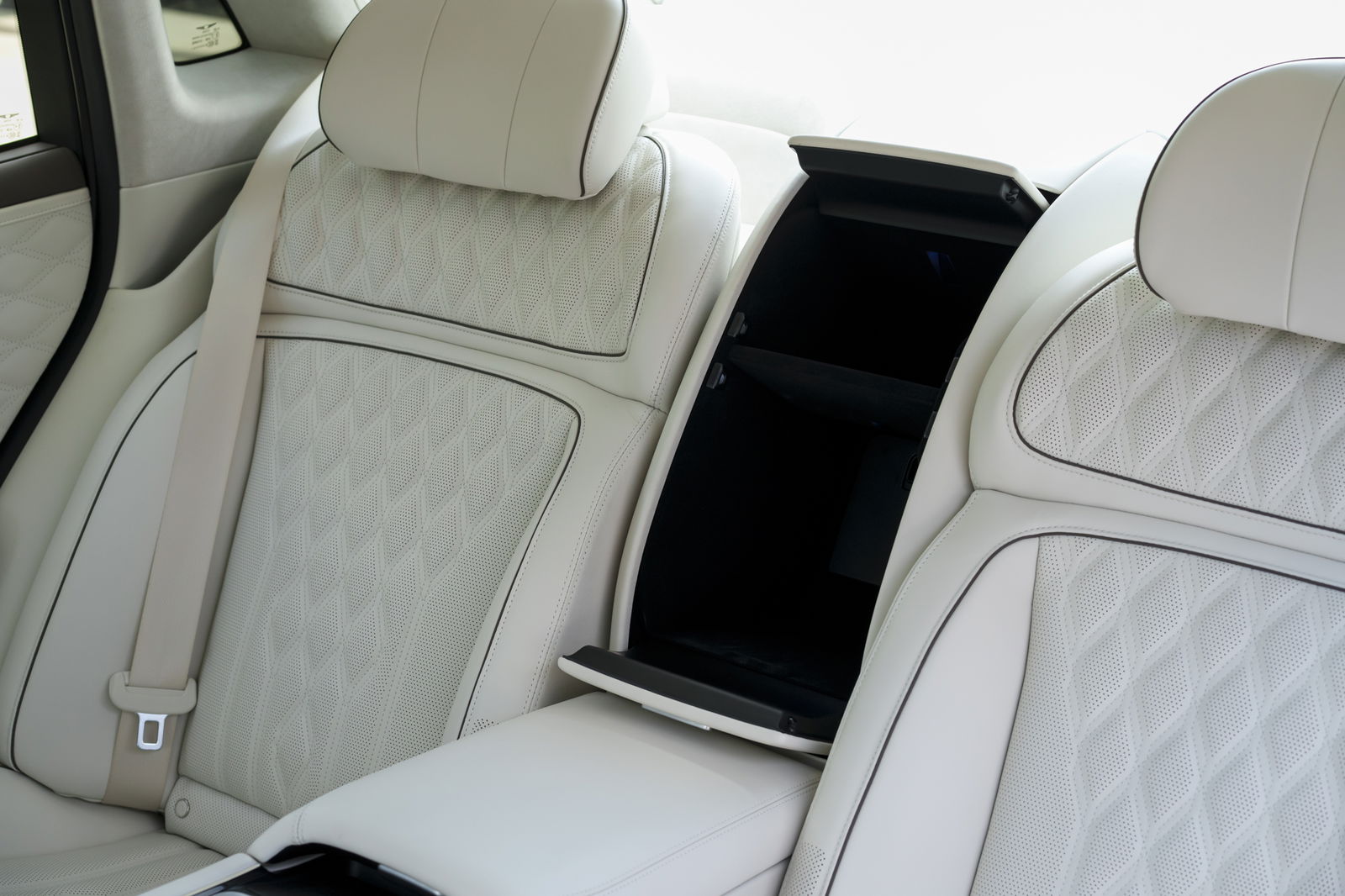
However, it sorely lacks the widescreen cinema display of the BMW. The most first world of all the problems but, in the year 2023, it’s things like this that make the difference in this sector.
At least Genesis has avoided filling the front of the interior with screens, though. Most functions are controlled by buttons, including a part-digital climate control system (the important bits having physical controls). You do have two screens still, including an intuitive central infotainment system, but the software itself isn’t quite on par with BMW or Mercedes.
That said, there are still plenty of goodies - with an especially useful deployment of augmented reality. One of the displays for the digital instrument cluster gives you a camera view of the road ahead, overlaying navigation directions on the road, which I soon discovered is handy for understanding complicated Portuguese motorway exits.
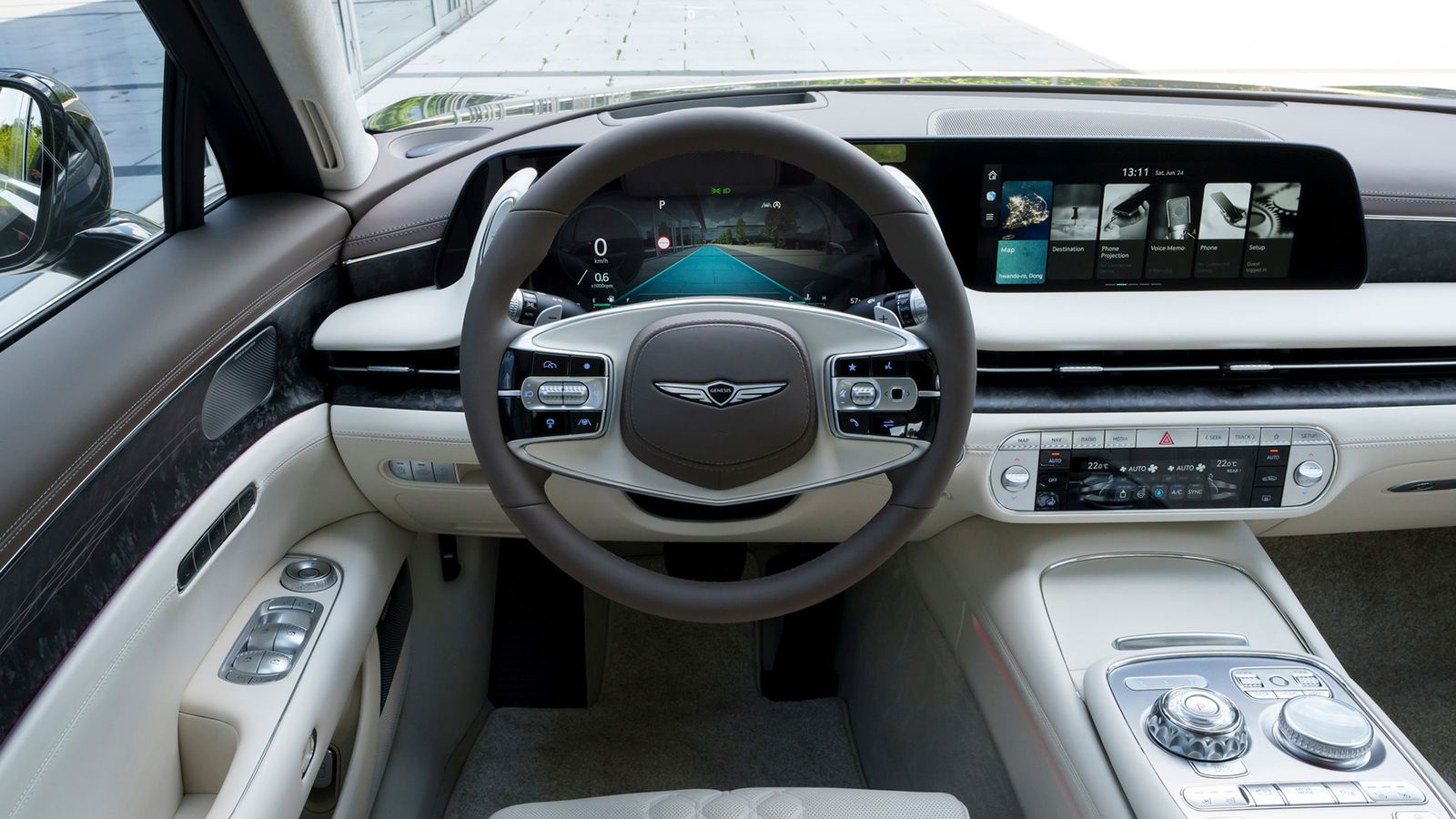
On the topic, for cruising along at big distances and in extreme comfort, I don’t think many do it better than the G90. Its multi-chamber, self-levelling air suspension is more akin to riding a magic carpet than on a car - there’s next to no feeling of lumps and bumps coming through into the cabin - and road noise is practically non-existent. You can partly thank active noise cancellation through the 23-speaker Bang & Olufsen audio system for that one.
Setup the way it is for cruising along, though, combined with a 2,470kg weight, it’s not what you’d describe as engaging on the twisties. It's by no means incapable of being thrown around - the addition of rear-steering adds an unexpected hint of agility - but the experience is numb and detached.
Similarly, a 3.5-litre twin-turbo V6 with 409bhp and 405lb ft of torque sounds tasty on paper but then you remember the heft it carries. Deploying the 48v mild-hybrid system as an electric supercharger is a wise move too, allowing for peak torque at 1,500rpm, but it is by no means rapid. The option of a more potent engine, or even an electric version to take advantage of instantaneous torque, would give it a bit more versatility to challenge the German rivals.
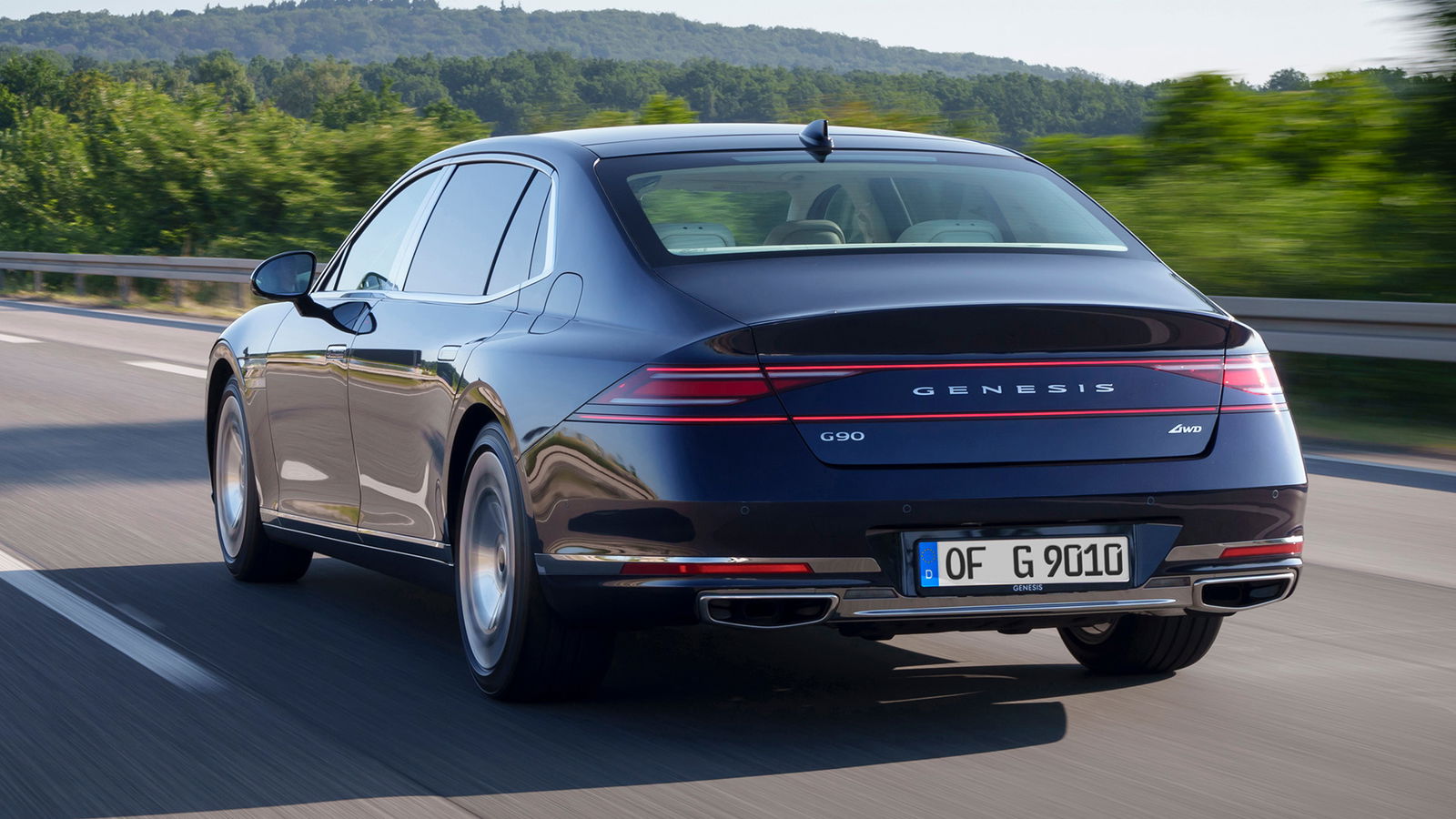
It's certainly priced to take them on. No longer is Genesis trying to pitch itself as a cheaper option, with the G90 starting at €115,000 for a short-wheelbase car and rising to €125,000 for the full-fat version. Compare that with €115,700 for a BMW 7 Series, and €112,000 for a Mercedes S-Class, and it has to live up to “the ultimate Genesis experience” and then some.
Does it? To an extent, yes. It’s certainly the best car Genesis offers today, and if you’re in the market for one of these big limos, you should have it on your shortlist. The overall quality is above the current Mercedes S-Class, though as a package just falls short of the near-perfectly refined BMW 7 Series, provided you get past the Beemer’s looks.
Availability poses another issue, though. The UK doesn’t, and never will, get the G90 - the costs of engineering it to right-hand-drive and homologating it are said to outweigh any return on sales. In Europe, it’ll be limited to Germany and Switzerland - the only two other countries on the continent where Hyundai’s luxury arm operates. If you’re in the US though, the “ultimate Genesis” is one to experience.
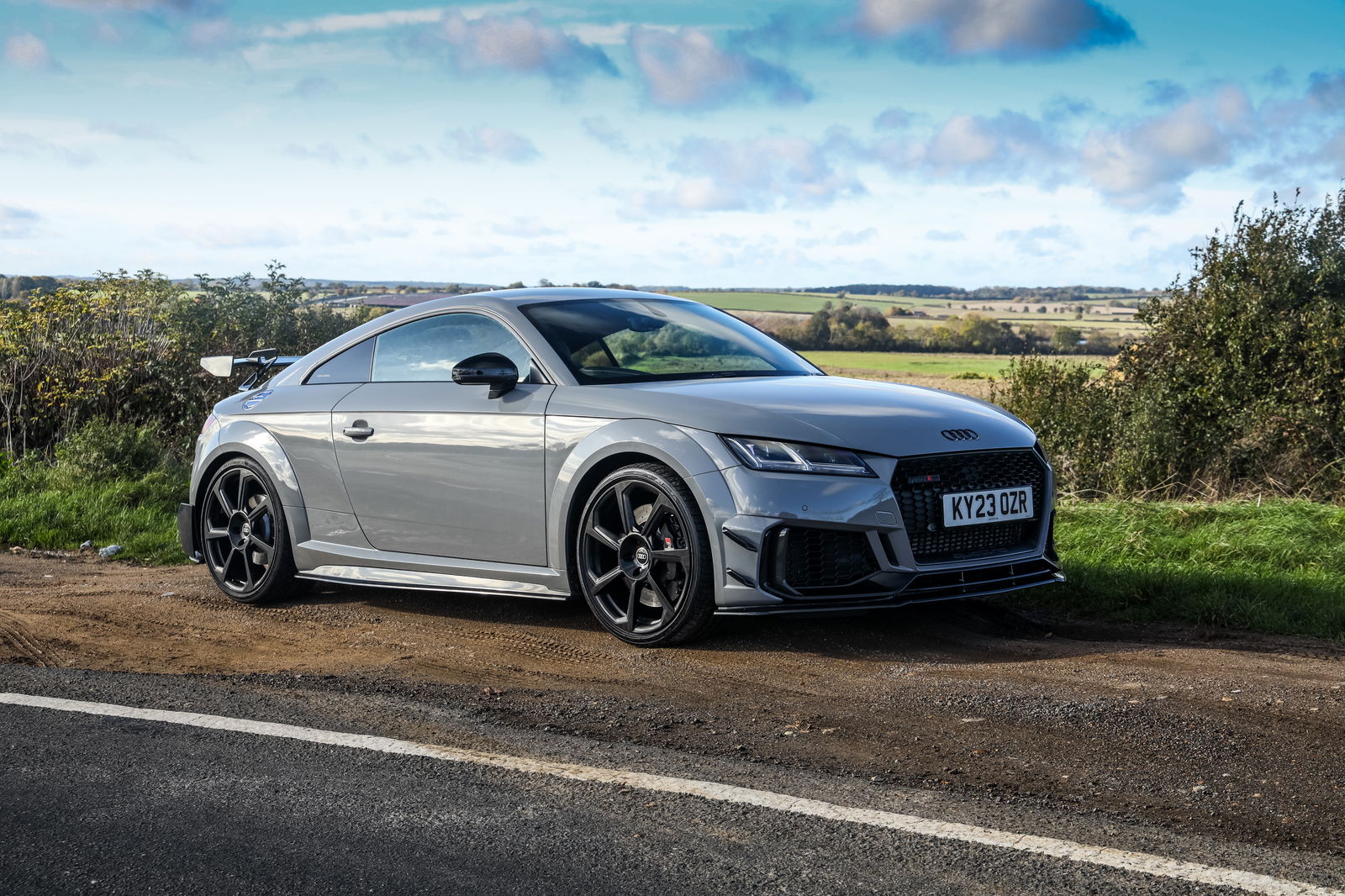
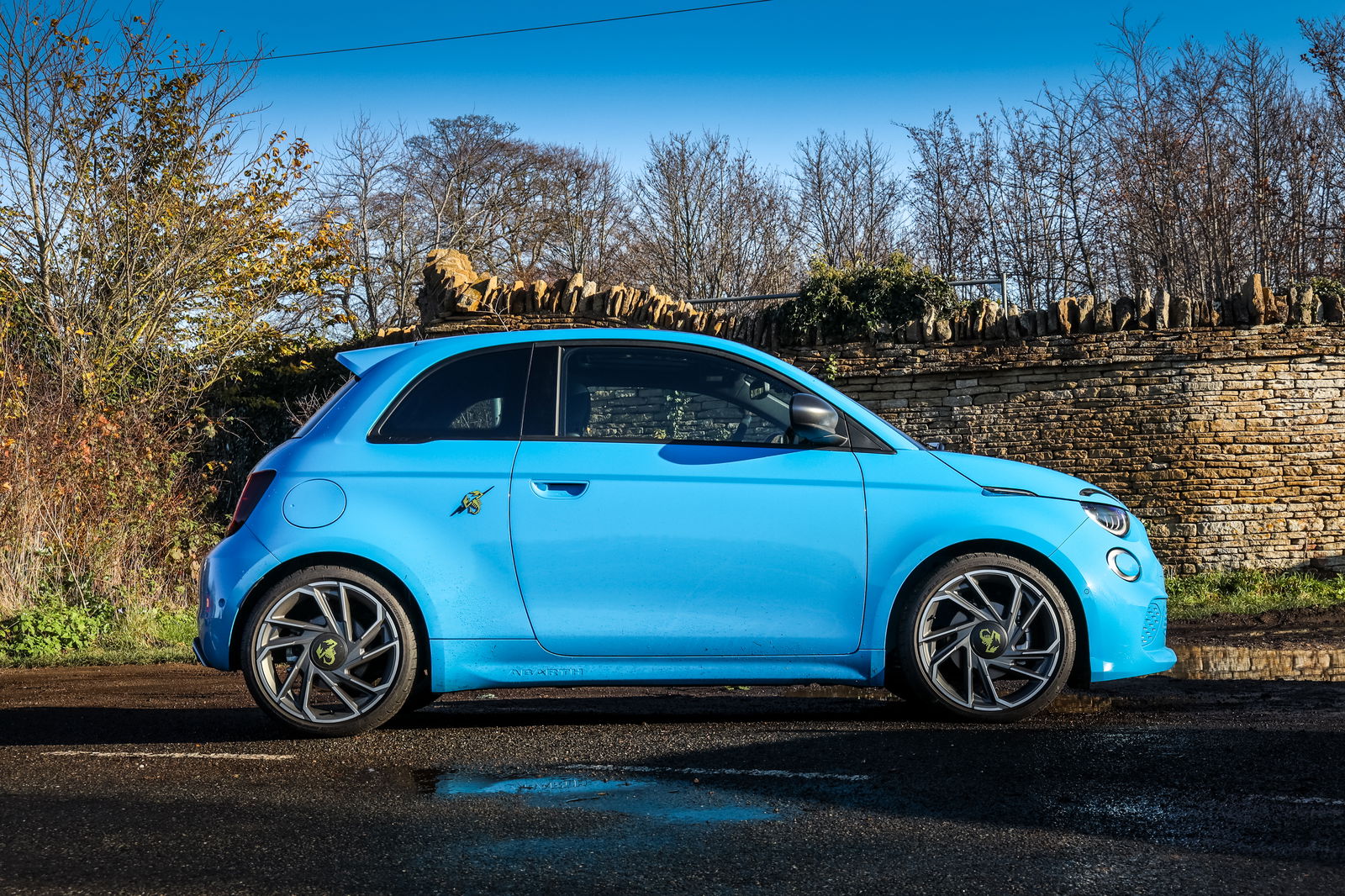

Comments